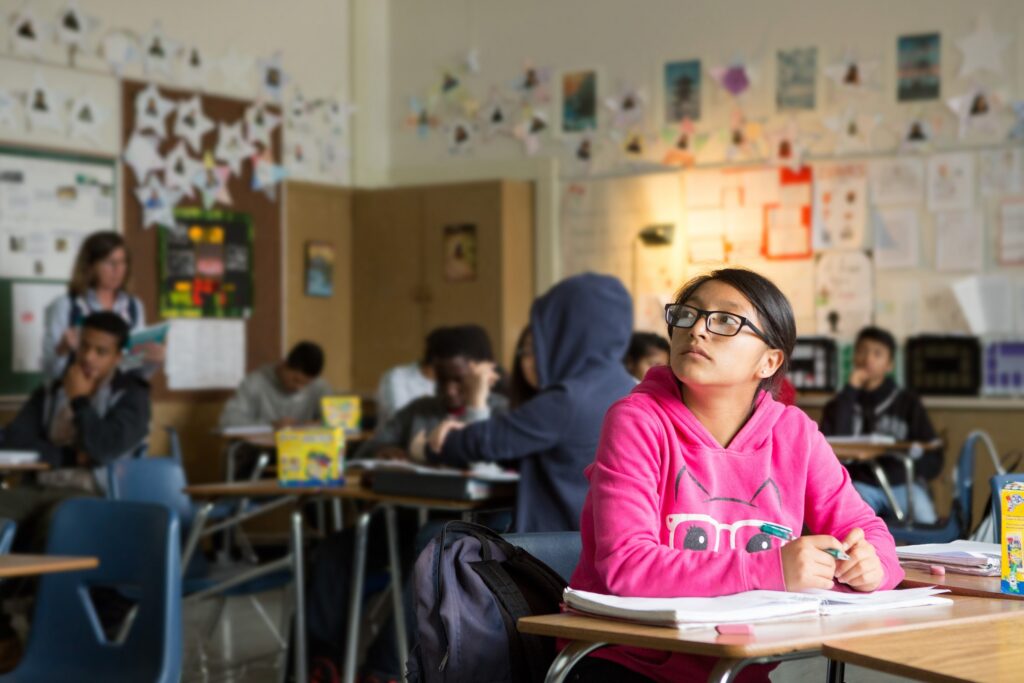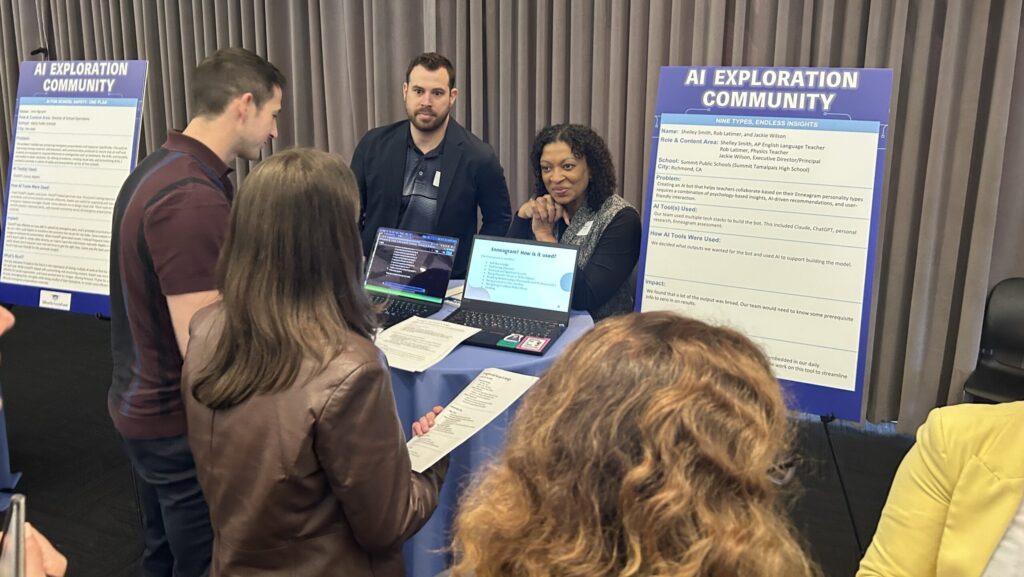What Counts as Civics? A Look at How Districts Define and Facilitate Civic Learning

A new report from the American School District Panel, a research partnership between RAND and CRPE, examines how districts define and facilitate civic learning in an era of political polarization, competing instructional priorities, and uneven state support. Drawing on survey data from 170 public school districts and in-depth interviews with leaders from 18 systems, the study […]
It’s Time for the Left To Come to the School Choice Table

Our Phoenix Rising series aims to elevate diverse perspectives and enable informed debate on urgent topics. For too long, the political Left has allowed the debate over school choice to be defined and dominated by conservatives. In doing so, we’ve neglected the most dynamic lever for equity and innovation in American education while alienating the […]
Pension Costs Are Draining School Budgets. Here’s What States Can Do

Student enrollment is falling at public schools across the country, impacting funding streams and threatening financial solvency, as schools continue to be on the hook for considerable fixed costs like loans or debts. Having to pay out teacher pensions (mostly using current revenue to pay retired teachers) is contributing to this growing problem. But even […]
AI Early Adopter Districts: The Promises and Challenges of Using AI to Transform Education

Artificial intelligence is already reshaping how school districts plan instruction, support teachers, and engage students. AI has the potential to transform the education delivery model and address learning gaps—but without more support, guidance, and resources, it could have the opposite effect. This study examines how 27 “Early Adopter” school districts approached systemic AI adoption during the […]
What California Teachers Are Trying, Building, and Learning with AI

How are educators engaging with AI to support teaching and learning? In partnership with the Silicon Schools Fund, CRPE studied 18 California schools that piloted AI tools to address core instructional challenges, including learning gaps, low engagement, time constraints, and behavioral issues. Over 80 teachers and administrators participated in more than 30 pilots using both […]
CRPE and the Walton Family Foundation Support $2.6M in Grants to Study Pandemic Recovery

TEMPE, AZ — Over the past four years, CRPE’s Evidence Project has tracked the pandemic’s impact on students and school system recovery efforts. These collective efforts are far from complete—and face persistent challenges. In August 2024, with generous support from the Walton Family Foundation, CRPE made a public call for proposals to help accelerate the […]
Managing Through the Noise: How Superintendents See Shifts in the Federal Role in Education

In May 2025, we spoke with about a dozen superintendents across the country—and others who work closely with them—about challenges stemming from recent national events, including a much smaller United States Department of Education (ED), likely changes in federal Title I funding and oversight, and the various executive orders aimed at shifting more responsibility to […]
Families Deserve a Seat at the AI Table

As AI rapidly reshapes the classroom, families are hopeful but uncertain. While the majority of families surveyed by the National Parents Union (NPU) in 2023 agreed that the potential benefits of AI in K-12 education either outweigh or are equal to the possible downsides, only a fraction feel confident in their understanding of the technology. […]
Remaking Ed Schools from the Ground Up

One of us (Carole) was recently asked what a world without colleges of education would look like. Carole’s response: “I’m not sure the world would miss us.” And she spoke as the dean of one of the largest colleges of education in the country. There has been no shortage of documentation of how schools of […]
Team-Based Staffing, Teacher Authority, and Teacher Turnover

As schools across the nation struggle with teacher shortages, a new study from Richard Ingersoll, Lennon Audrain, and Mary Laski points to a promising solution: redesigning the structure of classrooms and the role of teachers. Conducted by ASU’s Mary Lou Fulton Teachers College in collaboration with the Center on Reinventing Public Education, the study evaluates the Next […]


